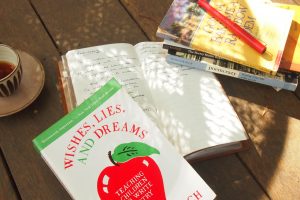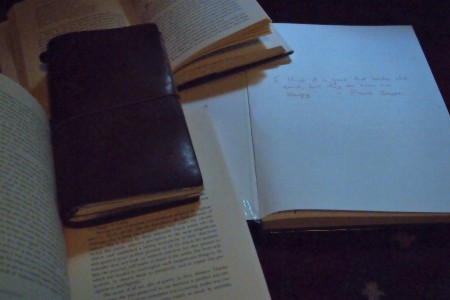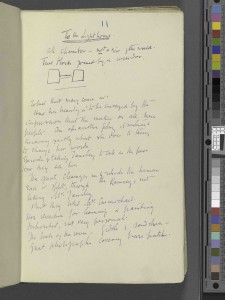
Writing time...
This is my guest writer’s blog for Tyle&Bateson Publishing. I’m going to talk about time - not about theories of time, which is pretty interesting, actually, but about how to manage time, as writers.
I fight with time constantly and despite the feeling that I am always losing, I have written over 50 Books.
There are a few aspects of time that I will cover in this piece. Time management of your time to write, management of the time in which you write and management of time in the piece you are writing.
The first and most difficult is how to fit time in to write. There is no easy answer to this question, save to say that writing is (or should be) a bit addictive. That means the more time you give to it the greater your motivation to do it again. Addiction and obsession will win out over simple self-discipline every time. Assuming you actually like writing, it’s not hard. What is hard is allowing yourself to demand the space to write.
Even for someone like me who is a professional writer, which is to say I and the world define me as a writer and so I can say I am a writer, surprisingly, that actually matters.
You have first to believe you are a writer and that is one of the things writing regularly can help you with. A writer writes, ergo if you write you are a writer.
Writing and believing you are a writer will give you strength for the next thing - making other people see you that way.
This is a lot harder, mostly because you write when you are alone, so there are no witnesses to that sweet and terrible labour. It must be accepted on faith that you write. This can be helped if you regularly tell people you can’t see them at this time because you are writing. Say no enough times to events and occasions, pointing out that you are writing, and people will get it. It also forces you to do the work which you are cutting out time to do. All of this is self-perpetuating - the more you write the more you will allow yourself to write and the more you and others will see you as a writer.
Next, I need time and routine and no distractions in order to write because these things stop me from sinking into a story - what I call going deep. I do my best writing in these deep writing periods, and frankly it is in these moments that time literally seems to open like a flower so that you feel the space around you mentally that you need in order to write. My suggestion is to set up a good and very specific routine - choose a place or a couple of places to work in and a certain period in which to work. I start in bed in my pyjamas with a cup of tea - that stops me getting distracted by all the million things I need to do. I start as early as possible - set an alarm to get you used to waking at the same time. I sometimes stay like that - maybe moving to the kitchen table if the coast is clear and no one else is home, till lunchtime. I will then go for a coffee either mid-morning or mid-afternoon and that will require a shower and dressing. I will stay in the coffee place as long as I can, writing. I have several spots and they are all places I like where I can sit without being badgered to eat more. If people come who distract me - people with loud voices or screaming babies, or the music is awful or too loud or I’m too cold or hot, I go elsewhere - this is one sample of the many routines I have to help me write. These routines also help other people to not bother you and understand that you are serious about what you do. This helps you to be serious about your writing, too.
Be gentle and loving and nurturing to yourself when you write. For me, working in places where I can see nature really helps. It feeds my soul when I look up. It simply makes me happy to be there writing. I have the tea and sugar I like and a tea pot and tea cosy. These give me aesthetic pleasure. I put a hot water bottle on my lap if I’m cold or just to comfort myself.
Sometimes when I come back home in the middle of the afternoon I have a bath and listen to an audio book as a reward for working and then I start again when I get out - of course when I had a baby or young child that was something I did in the night - one of the perks of being an insomniac.
Because honestly, creating - pulling something out of literally nothing - is incredibly amazingly hard to do (though it is also sometimes extraordinarily easy, when you are on a roll) and when it is hard, routines and believing in yourself really help. They anchor you.
Management of the time in which you write can be as simple as having a word count you want to reach. I don’t count words so I try to get to the end of a bit in the story. Some people set time limits to write by - this can be surprisingly effective if you only have bits of time to write in.
It also helps you to begin again, if you have a method of arranging your time. The routine is comforting and conducive to work.
If possible I just begin the next bit by a few sentences before I stop, because I know it will be easier to start again if I’m into something happening. I only ever let myself read back a few sentences when I resume work, just to catch the mood again - I try REALLY HARD not to fiddle - just to read and go on - it’s often hard, like turning a stuck wheel and for a bit I often feel Like I’m Somehow pretending to be a writer. Then the story takes me and I’m off. (which is why it is vital to like and be engaged by what you are writing)
Finally, management of time inside a story. The simple answer is to draw a timeline and note on it in point form only, the major events that have taken place in your book or story, and any coming up that you imagine - that way you can see at a glance where the bulk of the story takes place and it’s easy to de if you are spending too much time on one portion of the tale or setting it in one place. It also helps when you want to reorder events or add something.
Hope it helps and remember you can ask new questions or dig into what I have said here, and I’ll respond here in the thread of comments.
Good luck with your writing
...









